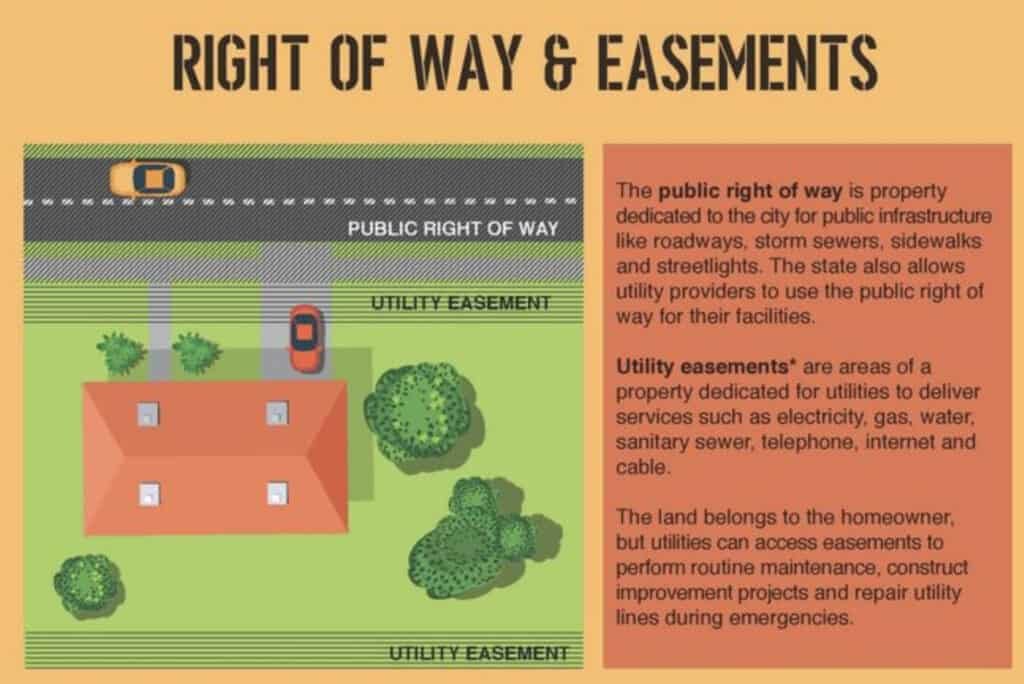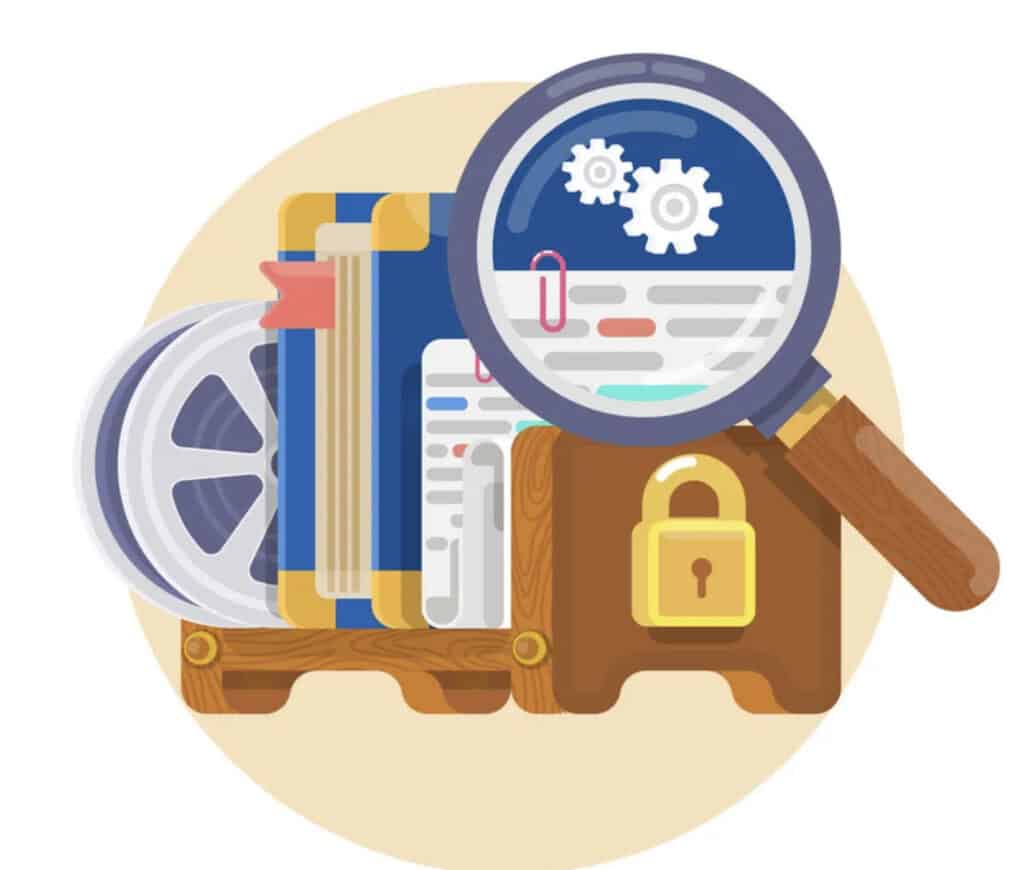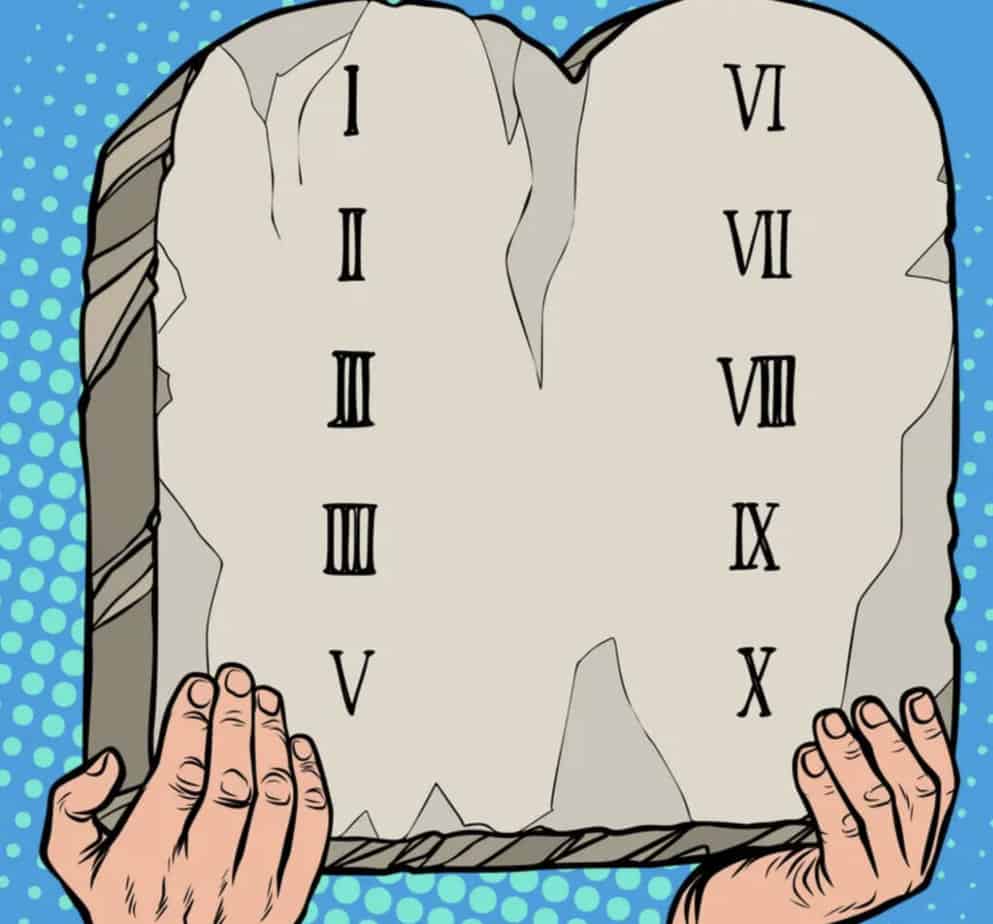Covenants and Easements in Bangladesh
Since the evolution of human societies, there has been a requirement for the accumulation of essential resources, such as food, water, etc. The basis for this was the unpredictability of nature.
The earliest humans did not have consistent access to resources. Once we learned how to cultivate crops, which served as a constant source of food and were essential to human survival, we had to live in close proximity to these cultivated lands. People eventually began living together, sharing the burden of cultivating these crops and savoring a guaranteed food supply.
More and more people settling together inevitably led to more food, the purchasing and selling of that food, the beginning of writing, the establishment of power and, as a result, the establishment of laws, etc. In this post we are gonna talk about Covenants and Easements in Bangladesh and property rights related to these two topics.
History of Covenants and Easements
The Babylonian Code of Hammurabi is believed to contain one of the earliest evidences of property laws. Since then, prominent discourse has been produced by western philosophy scholars. With the conclusion of the cold war and the establishment of US hegemony in the world, the United States’ political ideology of right-wing capitalism and the right to property has become the norm. Within the global context.
In modern times, there has been a global consensus that the right to property should be recognized as a fundamental human right. The purpose of this article is to explain succinctly what easements are and then examine how they can be transferred under the Transfer of Property Act, 1882 (henceforth referred to as TPA), along with their significance and how we unknowingly utilize them.
Rights to property in Bangladesh
This statute takes nonpossession property rights into account. Thus, for rights to property it permits the use of certain facilities with little emphasis on title and ownership. Some examples of easement property rights include the right to oxygen, light, and right of way.
It is a privilege enjoyed by the dominant proprietor over those who are compelled to refrain from or perform a certain action. Having the easement property right necessitates meeting the following conditions:
Dominant heritage and dominant owner – The landowner who enjoys certain privileges over property that is not legally theirs is referred to as the dominant owner. In this regard, the land is referred to as the dominant tenement or inheritance.
The proprietor who cannot restrict the dominant owner’s use of their land is known as the servient heritage or servient tenement. In this instance, the genuine landowner is referred to as the servient owner.

The Bangladeshi Easement Act of 1882 defines “easement” as the permission to use the land of another for a specified purpose.
Types of easement property rights include:
There are four varieties of easement property rights: continuous, discontinuous, apparent, and invisible.
Continuous easement –
A continuous easement is a type of property right privilege that by its very nature is perpetual, with or without human intervention.Continuous easement is exemplified by allowing livestock to perpetually graze on the existing pasture.
Discontinuous easement –
This form of easement necessitates a conscious act on the part of a person in order to manifest or produce benefits for the party involved. Construction of sanitary facilities is an illustration of a discontinuous easement.
Apparent Easement –
The presence of this form of easement right is indicated by means of a permanent sign. If someone inquires about the permanent sign, its components will become apparent.
Non-apparent Easement –
A non-apparent easement lacks a distinguishing sign.
Detailed description and analysis of the various easement property rights
As previously stated, there are three primary categories of easement property rights: the Right of Way, the Right of Light, and the Right of Air.
There are two primary categories of right of way:
Public liberties –
They are intended to benefit the general populace. Examples include highways, bypass roads, and flyovers, among others. It contains an element of service for the greater public benefit.
Private rights – These rights are held by specific individuals as opposed to dominant tenement proprietors.
Right to Air and Light-
This privilege prohibits the adjacent landowner from constructing or placing a structure on his property so that the dominant tenement’s access to light and air is not impeded.

There are several methods to acquire the right to light, including:
- A grant or covenant that, by its very nature, may be implicit or explicit.
- The Bangladeshi Easement Act entitles tenants to uninterrupted use of essentials for twenty years, commencing on the date of the property’s establishment or the commencement of their tenancy.
The court will not interfere with easement property rights if the obstruction of light and ventilation is insignificant. The court may, however, intervene in the redress of grievances if the tenement is plagued by problems of a particularly severe nature.
It must be understood that the material aspect of the entire scenario is accorded significant weight.
If a construction diminishes the value of the dominant structure or reduces the tenant’s previous level of comfort, the case will be heard in court. If the tenant can continue operating their business as before, the case has little chance of being heard in court.
In Bangladesh, courts may only hear a case if monetary compensation does not provide sufficient relief. The court will however grant an injunction if a man’s right to light and air is impeded by a neighbor’s building or structure.
However, the court would only intervene if a substantial loss of comfort occurred. The court would not hear cases involving plain loss of imaginative vision. It must also be noted that a mandatory injunction may not be granted if the party in question transfers the case to a different court after the building has been completed.
The term ’eminent domain’ was derived from Hugo Grotius’ 1625 legal dissertation De Jure Belli et Pacis, which used the Latin term dominium eminens (superior dominion). It refers to the principle that provides the government the authority to seize private property for public use. In Bangladesh, the right to property is not absolute; state intervention for legitimate purposes is permitted.
The Supreme Court has ruled that in a welfare state such as Bangladesh, the right to private property is a human right, so such purposes must be in the public interest. However, the issue that arises from this government right is that the term ‘public purpose’ has not yet been clearly defined, leaving space for unjust government practices and eminent domain abuse.
Easements in Bangladesh
A servitude is a non-possession privilege. This means that a third party could acquire property rights without possessing the property. This could include the right of a person to use a portion of land owned and possessed by a third party in order to enter his own property or to properly enjoy his property.
This could include, for instance, a passageway required for person A to access his own home on land owned and possessed by person B, or the path required for air and water to circulate. Person A has a legal easement over that portion of person B’s property, allowing him access to and reasonable enjoyment of his property.

Section 4 of the Easements Act of 1882 provides an explicit definition for easements. Important terms relating to easements and our upcoming discussion of easement transfers are as follows:
The person A (from the preceding example) on whose interest person B must provide the right to easement is referred to as the dominant owner.
- Dominant heritage – The land that A receives from B’s property in order to appreciate his own property in a just manner is known as dominant heritage.
- Servient owner: In this example, person B is the servient owner because he is legally obligated to cede a portion of his property to A in order to provide access to A’s residence.
- Serviant inheritance: The portion of B’s land given to A for the construction of a path to A’s home is known as the serviant inheritance.
Statute of Transfer of Property
The subject of the Transfer of Property Act is items that cannot be transferred. Clause [c] prohibits the transfer of easements with the exception of dominant heritage.
This means that it is impossible to merely transfer the right to an easement. The only way to acquire an easement is by purchasing the entire property. Along with the transfer of property, all associated rights and obligations are also transferred to the new owner. In this case, a transfer of hegemonic heritage will also occur alongside the transfer of property.
Throughout the years, a number of cases have given effect to this clause of section 6 of TPA. In T.V. Ravi v. B.R. Mohan, for instance, the plaintiff filed a lawsuit for the grant of easementary rights through agreement. The court ruled that the dominant inheritance will automatically pass to the individual to whom the property has been transferred. There will be no distinct transfer of easement or property.
In another case, Pandhari v. Motiram Jayram Deogade, the court reaffirmed the rule stated in section 6 [c] of the TPA and specifically addressed the issue of easement registration. The ruling states that in the absence of a property transfer, easements can be granted by executing a document and do not require registration.
Therefore, the kabuliyatnama mentioned in this instance was extremely valid and registration under the Registration Act of 1908 was not required. In Musunoori Satyanarayana Murti v. Chekka Lakshmayya and others, it was determined that “an agreement granting easementary right did not require registration because there was no transfer of ownership as contemplated by section 54 of the Transfer of Property Act, 1882.” I conclude that the aforementioned legal principle pertains to the present case.”
Profits and Easement
Sometimes, the phrases easement and profits a prendre are used interchangeably. Profits are a concept adopted from English law in Bangladesh. In the Registration Act and the General Clauses Act, profits are mentioned, but neither statute provides a definition.
Profits a prendre, like Easement rights, are a proprietary interest and a non-possessive right. Due to this, there are also numerous similarities between the two concepts. Profits a prendre refers to the right to use or remove something from the property of another in order to generate profits. For instance, the right to fish or the right to collect wood from another’s property.

Even if person A (dominant owner) acquires the right to acquire items from the land of person B (servant owner), there is no transfer of ownership. As previously described in detail, an easement is merely a positive right that annexes a portion of the servient land for the proprietor of the dominant land.
Both of these rights do not necessitate that the servient owner of the land provide any facilities other than the land itself for the dominant owner’s enjoyment and use. The definition of immovable property encompasses both the grant of easements and the right to generate profits from another person’s land.
The sections 3 of the TPA, 2(6) of the Registration Act, and 3(26) of the General Clauses Act all define immovable property. Since registration is required for all immovable property, a grant of profits a prendre and easements, as discussed previously, also require registration.
This aspect of the registration of a grant of profit was discussed in the case of Bihar eastern Gangetic Fisherman Co-operative Society Ltd v. Siphani Singh, wherein the right to fish was deemed a profit a prendre and had to be regarded as immovable property in the former case. In the latter case, the court defined profit a prendre and ruled that such grants were required to be registered as they constituted immovable property.
The distinction between a right of easement and a profit is that easements are typically granted without the expectation of yielding any profits and solely to ensure the dominant owner’s land is properly enjoyed. The granting of profits also permits the other party to remove something from the land. This is not always the case with easements.
Contact the best law firm for your property issues in Bangladesh:
If you need professional help with property related issues, please feel free to contact us.
GLOBAL OFFICES:
DHAKA: House 410, ROAD 29, Mohakhali DOHS
DUBAI: Rolex Building, L-12 Sheikh Zayed Road
LONDON: 1156, St Giles Avenue, 330 High Holborn, London, WC1V 7QH
Email Addresses:
info@trfirm.com
info@tahmidur.com
info@tahmidurrahman.com
24/7 Contact Numbers, Even During Holidays:
+8801708000660
+8801847220062
+8801708080817
